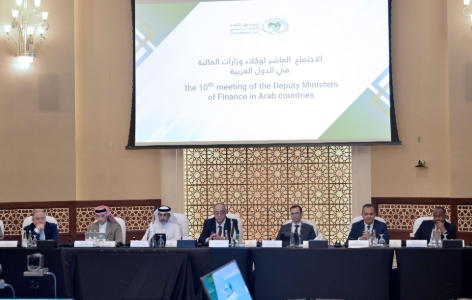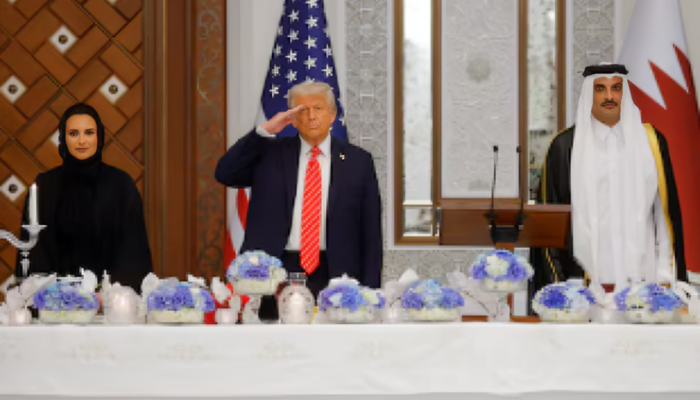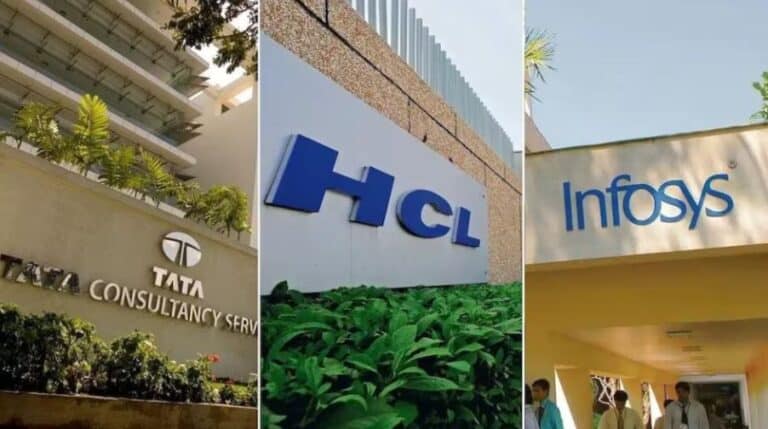
Arab deputy finance ministers convened in Abu Dhabi for the 10th Arab Finance Ministries’ Deputies meeting to deliberate on financial policies, digital transformation in public finance, energy subsidy reforms, and the adoption of environmental, social, and governance (ESG) standards. Organized by the Arab Monetary Fund, the event witnessed participation from Fahad M. Alturki, Ph.D., Director General and Chairman of the Board of the Arab Monetary Fund, alongside experts from the International Monetary Fund (IMF), the World Bank, and the Organisation for Economic Co-operation and Development (OECD).
The two-day meeting, concluding tomorrow, includes seven sessions on regional financial and economic issues. Senior Emirati officials, such as Younis Haji AlKhoori, Under-Secretary of the UAE Ministry of Finance, and Ali Abdullah Sharafi, Assistant Under-Secretary of the International Financial Relationship Sector at the Ministry of Finance, actively contributed to the discussions.
Younis Haji AlKhoori emphasized the importance of the annual gathering in strengthening regional cooperation. He highlighted that aligning efforts across digital transformation, financial governance, and sustainable energy planning is critical for achieving economic stability and long-term growth. Sharing expertise and best practices among Arab nations was also noted as a pivotal strategy for improving financial policies and public resource management.
The event addressed how digital transformation could enhance transparency in public finance while adhering to ESG standards. Energy subsidy reforms across Arab countries were another key focus area, with participants discussing lessons learned and strategies to overcome existing challenges.
Dr. Fahad M. Alturki, in his opening remarks, underscored the significance of the forum in fostering collaboration. He stated that the exchange of experiences among member states is essential for developing innovative solutions to shared challenges. He further highlighted that regional cooperation not only facilitates economic integration but also drives sustainable growth.
The discussions showcased the potential of digitalization in revolutionizing public finance systems. Delegates explored ways to leverage digital tools to improve governance, enhance efficiency, and ensure financial systems’ transparency. ESG standards also remained a major topic, emphasizing their alignment with global sustainability priorities.
Participants reiterated the need for Arab countries to adapt to the changing global economic landscape by leveraging technology and fostering collaboration. The meeting provided an ideal platform for exchanging ideas and formulating strategies to tackle economic challenges collectively.
As the meeting progresses, focus remains on creating actionable strategies that strengthen regional economies while ensuring sustainable and inclusive growth. The initiatives and discussions set the tone for further deliberations at the upcoming 16th Arab Finance Ministers Council meeting.







